Nepal
Nepal is a landlocked country in South Asia and is bordered by China and India. It is located in the Himalayas and contains eight of the world’s ten highest peaks. The government system is a federal democratic republic; the chief of state is the president, and the head of government is the prime minister. Nepal has a traditional economic system in which the majority of the population engages in subsistence agriculture, and the allocation of available resources is made on the basis of primitive methods. Nepal is a member of the South Asian Association for Regional Cooperation.

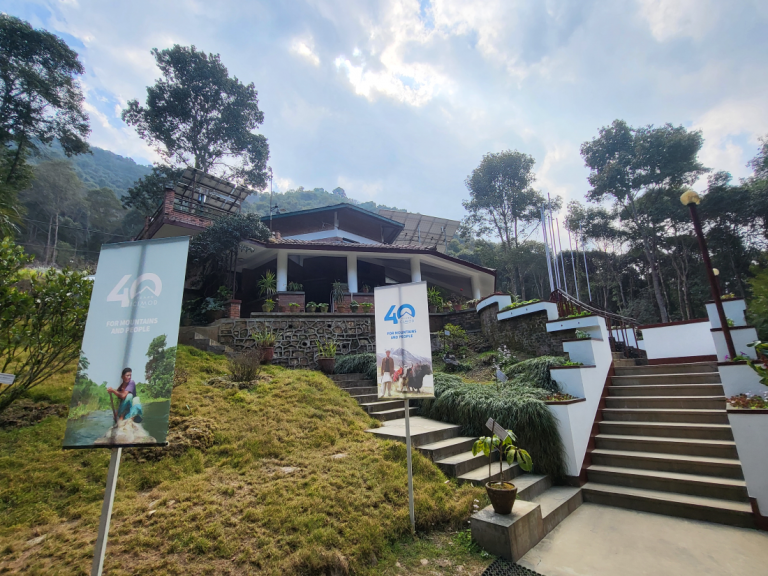
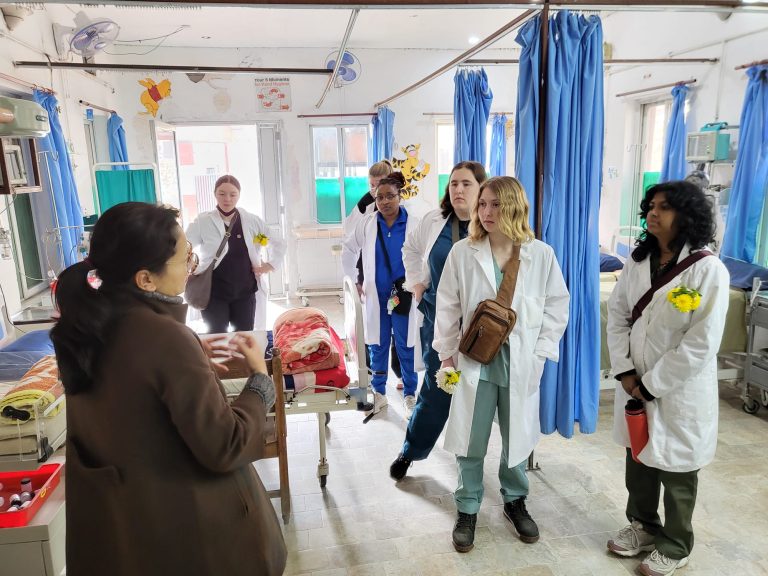
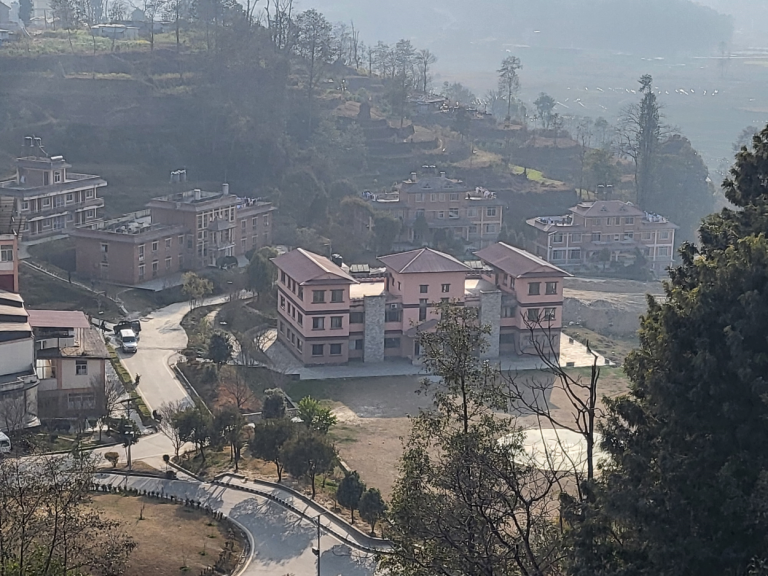
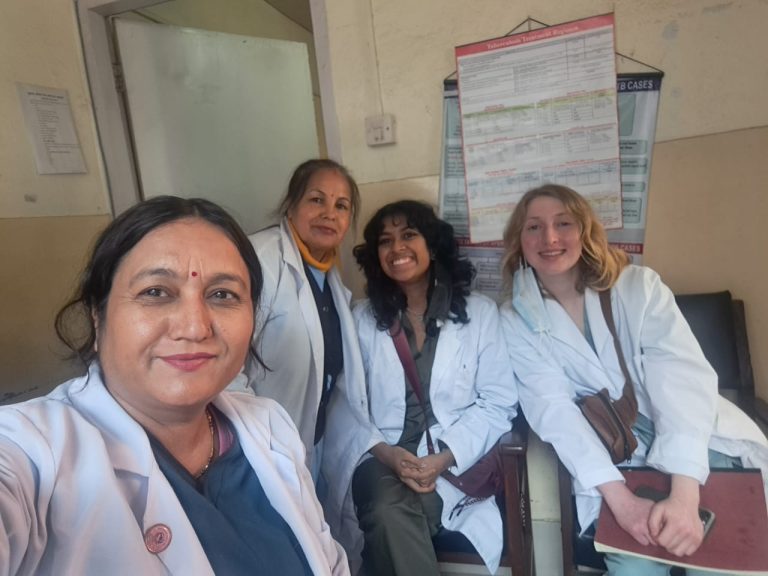
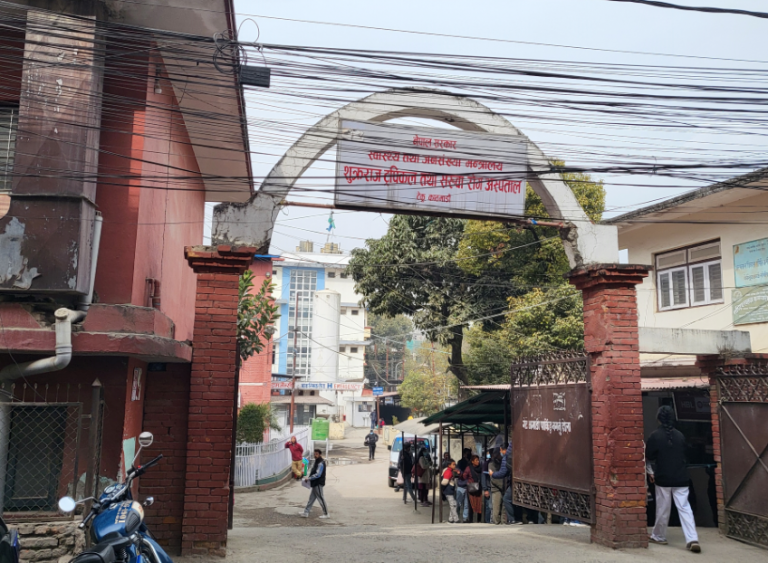
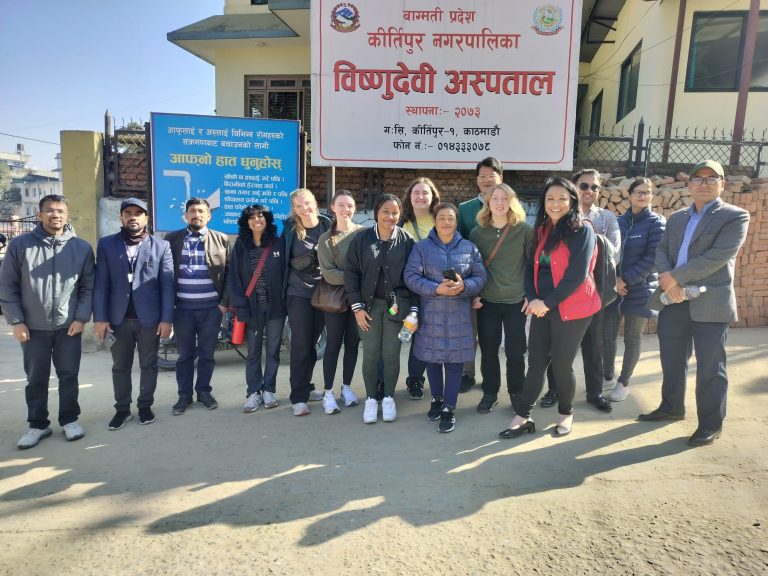
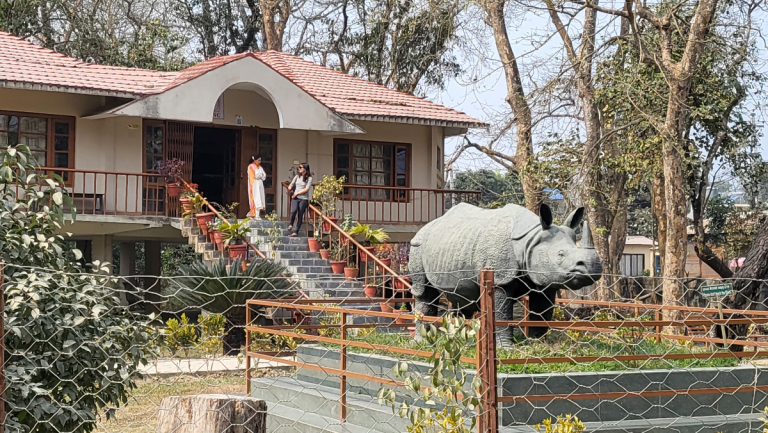
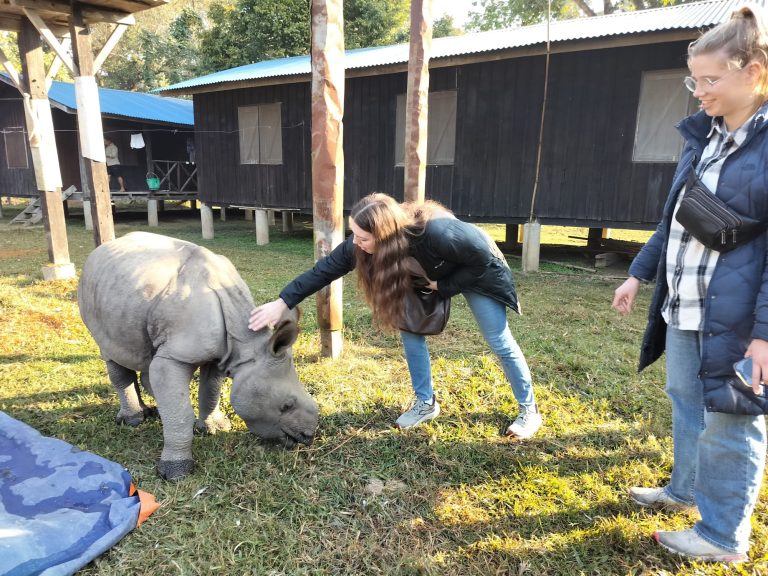
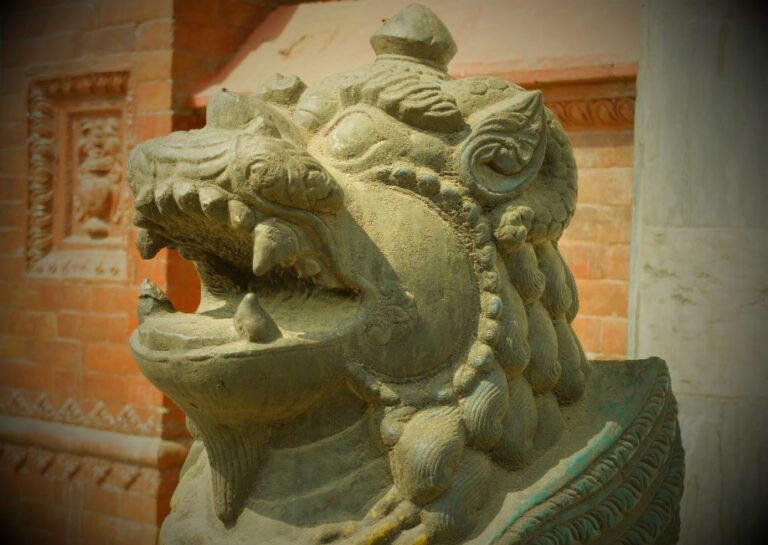
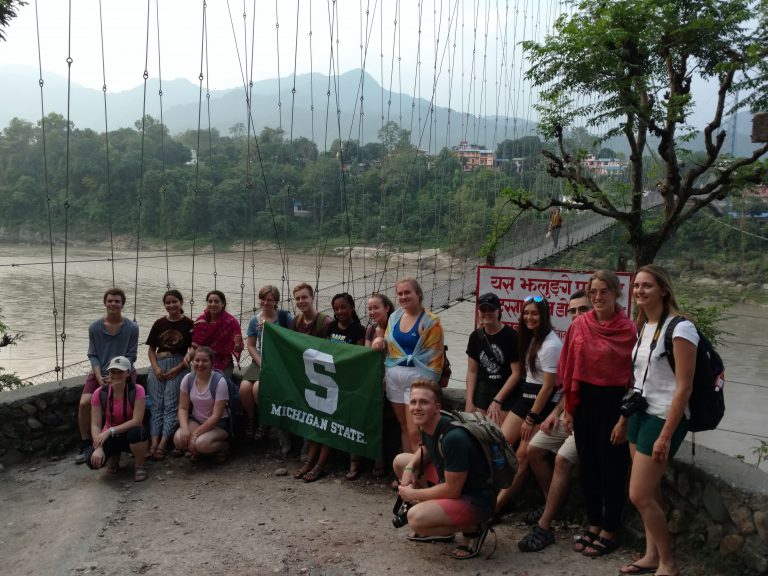
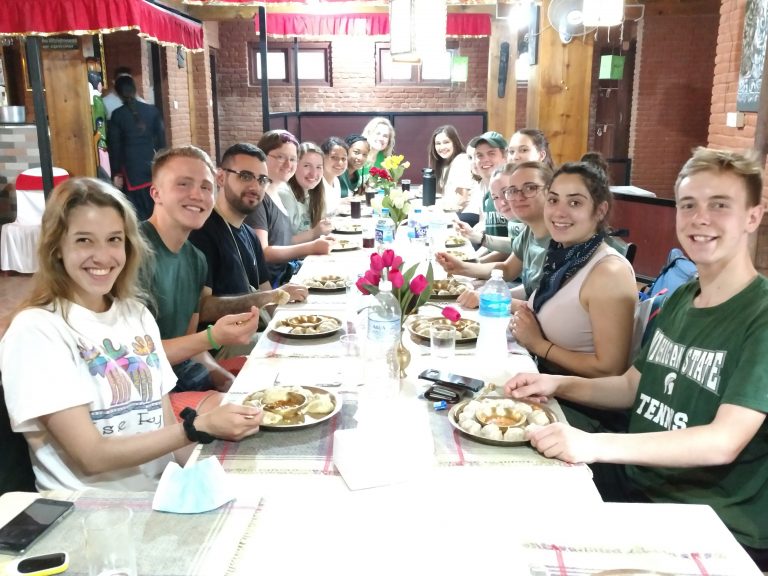
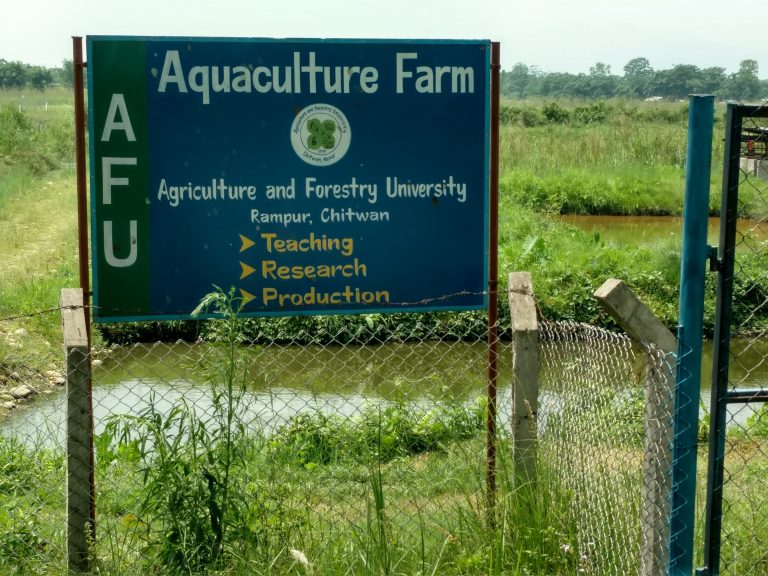
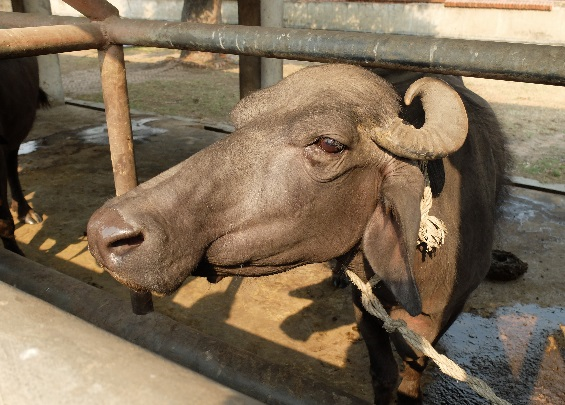
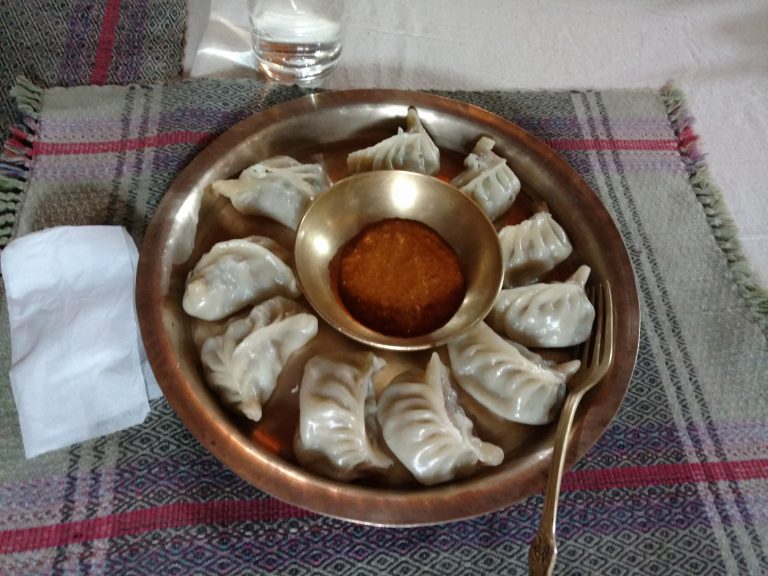
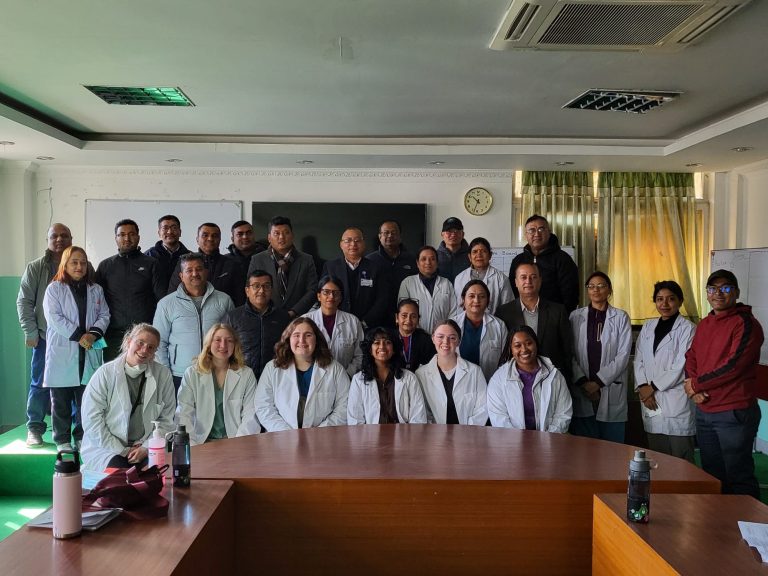

OST 694: Global Health: Nepal– One Health in Nepal (6 credits)
Dates: December 13- 27, 2025 (2 weeks program)
What is One Health? One Health is the recognition of the interconnected nature of humans, animals and the environment, and the direct impact each system has on the other. This program will allow students to see and experience the interconnected nature of these systems and then work on a project which involves at least two of the systems. According to the World Health Organization (WHO), one or more new infectious diseases have emerged each year since the 1970s. The majority of these have been zoonotic diseases caused by pathogens that can be transmitted between animals and humans, with more than three-quarters originating from wildlife. Growing evidence suggests that globalization, the increased movement of people, changes in lifestyles, knowledge, and ideas across the world since the late 20th century, is creating new conditions where disease could spread geographically and across species. Ever growing human populations, exceeding 7.2 billion in 2014, and the resulting environmental degradation from expanded land use, intensive agricultural and animal husbandry practices, and closer habitation between humans and both domesticated and wild animal species, are also recognized as key factors for increasing shared risk across the animal–human–ecosystem interfaces. Understand health and disease through the interdisciplinary lens of One Health.
For more information, please contact igh@msu.edu.
- Undergraduate students or MS in Global Health students at Michigan State University. Medical Students from CHM, COM, CON and VET MED also welcome.
- A minimum 2.5 GPA is required.
- Must have a good understanding of Biology, Microbiology, and Physiology.
- Must have respect for different cultures.
- Must demonstrate an ability to work collaboratively
APPLICATIONS for 2025 program will open MAY 2025! Stay tuned!
Students need to apply in the Office of Education Abroad CLICK HERE to start your application process.
The Office of Study Abroad offers scholarships to students who participate in MSU’s study abroad programs. Details here
First spend 8 days in Kathmandu learning about Public Health Issues. Next, spend 5 days at the Agriculture and Forestry University (AFU) in Rampur focusing on Animal Production and food safety, then spend 5 days at Chitwan National Park focusing on Wildlife/Human interactions and the environment. Finish up by presenting your project at AFU. Local guest lecturers will present each day as well as daily local field trips. Three UNESCO world heritage sites will be visited.
Housing will include 3 different hotels: Hotel Kutumba, Kathmandu; Hotel Royal Sauraha, Chitwan; and Boutique Hotel and Café, Bhaktapur Durbar Square, Bhaktapur. Accommodations are in double rooms. Some AC will be available in classrooms, and some areas of the lodging. Travel will be by van or bus. One in-country flight may be arranged if needed.
6 Credits (undergraduate or graduate). One credit of preparatory work to be completed online before departure.
Courses
- ANS 480 Animal Systems in International Development (3 credits)
- ANS 490 Independent Study (1-4 credits)
- ANR 491 Selected Topics (2-6 credits)
- OST 694 Global Health Nepal (6 credits)
- LCS 690 Veterinary Public Health Field Experience (3 credits)
- VM 290 Special Studies in Veterinary Medicine (3 credits)
- VM 690 Special Prob in Vet Med (3 credits)
For more information, please contact the Study Abroad Office of IGH.
 Sung Soo Chung has worked for the Institute for Global Health since 2012. Chung has also worked for VIPP for more than 15 years and is responsible for new international higher education program development and implementation with Korea and other countries in Asia, the Middle East, Latin America, and North Africa
Sung Soo Chung has worked for the Institute for Global Health since 2012. Chung has also worked for VIPP for more than 15 years and is responsible for new international higher education program development and implementation with Korea and other countries in Asia, the Middle East, Latin America, and North Africa